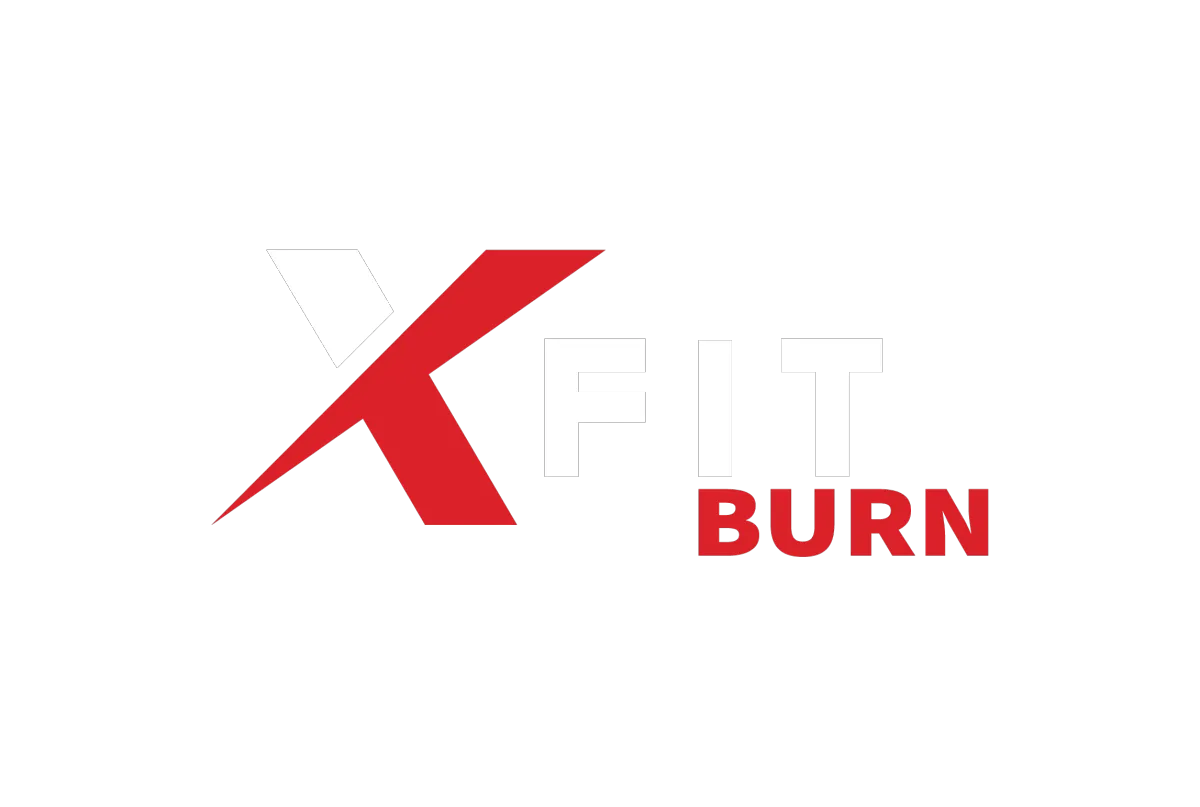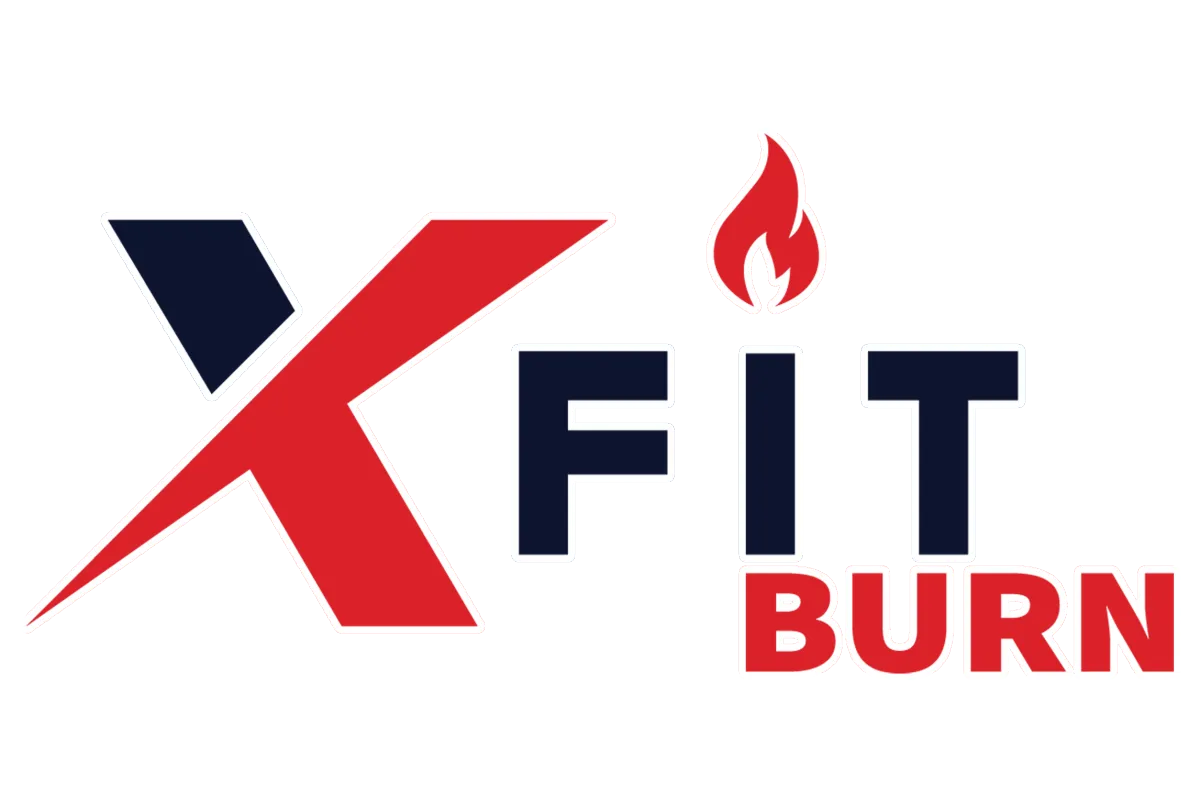
Demystifying Calories and Fat Loss: The Science-Based Truth
Introduction
Greetings, fitness aficionados! Today, we embark on a quest to unravel the mysteries of calories and their role in achieving that coveted fat loss. In a world filled with misinformation and quick-fix gimmicks, it's crucial to arm ourselves with scientific knowledge to navigate this journey.
Understanding Calories: The Energetic Currency
Calories are the fundamental units of energy that our bodies require for daily functioning. In simple terms, they represent the amount of energy contained in the foods and beverages we consume. Whether it's a juicy steak, a plate of colorful vegetables, or a sweet indulgence, each item carries a specific caloric value.
Fat Loss: The Caloric Equation
To grasp the concept of fat loss, we must first comprehend the caloric equation. It's no secret that weight loss occurs when we consume fewer calories than we expend. This energy deficit compels our bodies to tap into stored fat for fuel, resulting in fat loss over time.
However, it's important to note that not all calories are created equal. While the caloric equation is paramount, the quality and composition of those calories play a significant role in achieving sustainable fat loss.
Quality Matters: Nutrient-Dense Calories
Focusing solely on caloric quantity without considering the quality of the calories is a misguided approach. Opting for nutrient-dense, whole foods ensures you're nourishing your body with the essential vitamins, minerals, and macronutrients it needs to thrive.
Prioritize lean protein sources, such as chicken breast, fish, and legumes, as they provide satiety and support muscle preservation during fat loss. Incorporate colorful fruits and vegetables, whole grains, and healthy fats like avocados and nuts to ensure a well-rounded, nutrient-rich diet.
The Thermic Effect of Food: Unlocking Your Metabolic Potential
Ah, the thermic effect of food (TEF) – the secret weapon in your fat loss arsenal. TEF refers to the energy expenditure required to digest, absorb, and process the food we consume. Protein-rich foods have a higher TEF compared to fats and carbohydrates, meaning they require more energy to be metabolized. By incorporating adequate protein into your diet, you can maximize TEF, potentially enhancing fat loss.
Tracking Calories: The Art of Precision
Tracking your caloric intake can be a valuable tool on your fat loss journey. Through meticulous tracking, you gain insight into your energy balance and make adjustments accordingly. Utilize reliable apps or journals to record your meals and monitor your progress.
Remember, however, that tracking should not become an obsessive or restrictive habit. It should serve as a guide to help you stay within your energy targets while allowing flexibility and enjoyment in your dietary choices.
The Big Picture: Sustainability and Lifestyle
Fat loss is not a temporary endeavor; it's a lifestyle shift. Instead of relying on drastic, short-term measures, aim for sustainable changes that you can maintain in the long run. Cultivate a balanced approach that encompasses regular exercise, mindful eating, and a healthy relationship with food.
Conclusion
Dear readers, calories are indeed a crucial factor in the fat loss equation. But let us not overlook the significance of nutrient-dense foods, the thermic effect of food, and the power of sustainable habits. By understanding the role of calories in our journey, we empower ourselves to make informed decisions that lead to lasting results.
So, arm yourselves with knowledge, embrace science, and embark on a sustainable path to fat loss success. Remember, you have the power to transform your body and achieve your goals through smart choices and consistent effort.
Stay dedicated and Stay informed.
References
Headland, M., et al. "Comparison of weight loss induced by daily caloric restriction versus intermittent fasting (DRIFT) in individuals with obesity: study protocol for a 52-week randomized clinical trial." Trials, 2022. https://trialsjournal.biomedcentral.com/track/pdf/10.1186/s13063-022-06523-2.pdf
Yanwen Fu, Mingxuan Cui, Jing Dong. "Intermittent Fasting versus Continuous Calorie Restriction: Which Is Better for Weight Loss?" Nutrients, 2022. https://www.mdpi.com/2072-6643/14/9/1781
"The effect of dietary carbohydrate and calorie restriction on weight and metabolic health in overweight/obese individuals: a multi-center randomized controlled trial." BMC Medicine, 2022. https://bmcmedicine.biomedcentral.com/articles/10.1186/s12916-022-02475-5
"The effects of exercise and low-calorie diets compared with low-calorie diets alone on health: a protocol for systematic reviews and meta-analyses of controlled clinical trials." Systematic Reviews, 2022. https://systematicreviewsjournal.biomedcentral.com/articles/10.1186/s13643-022-02005-0



